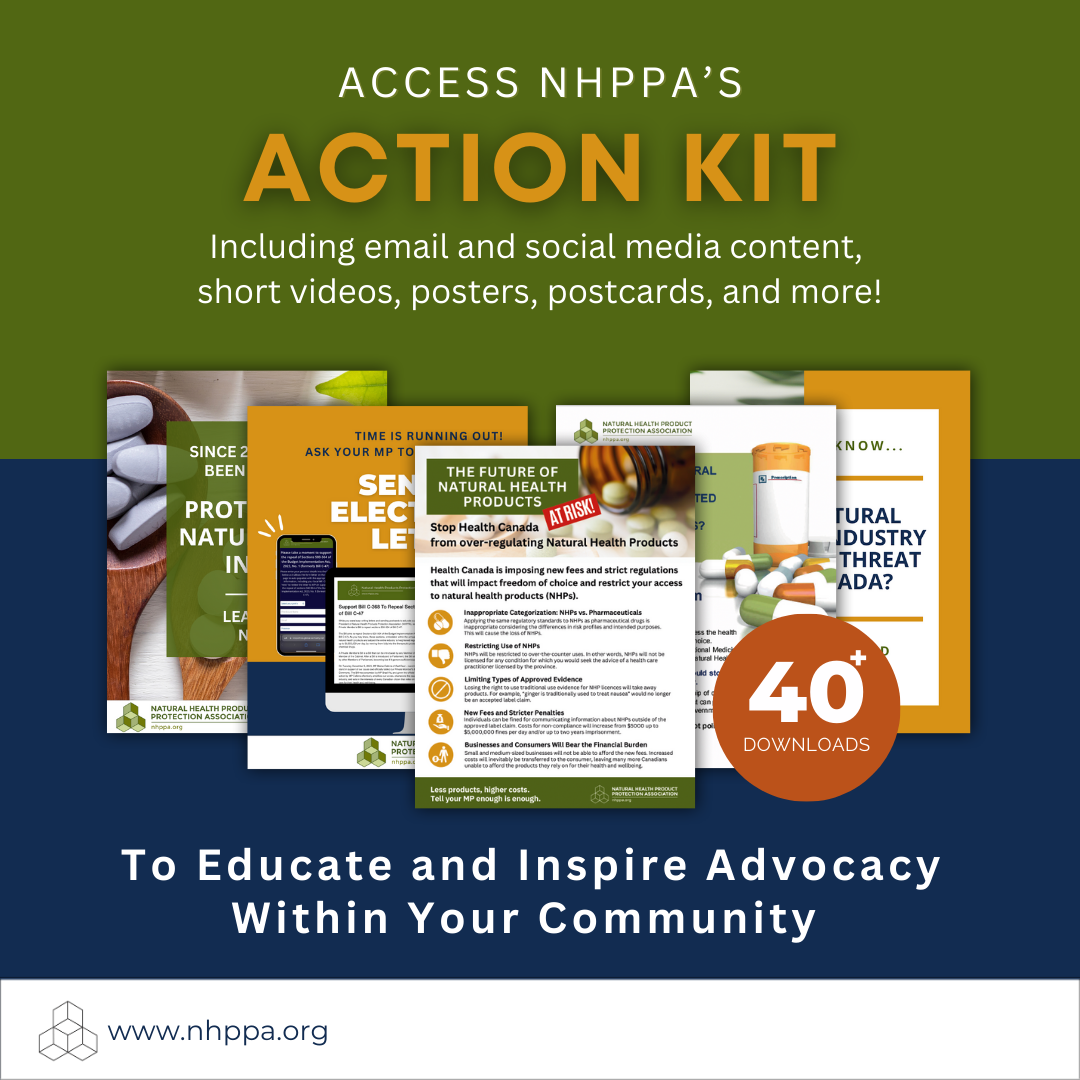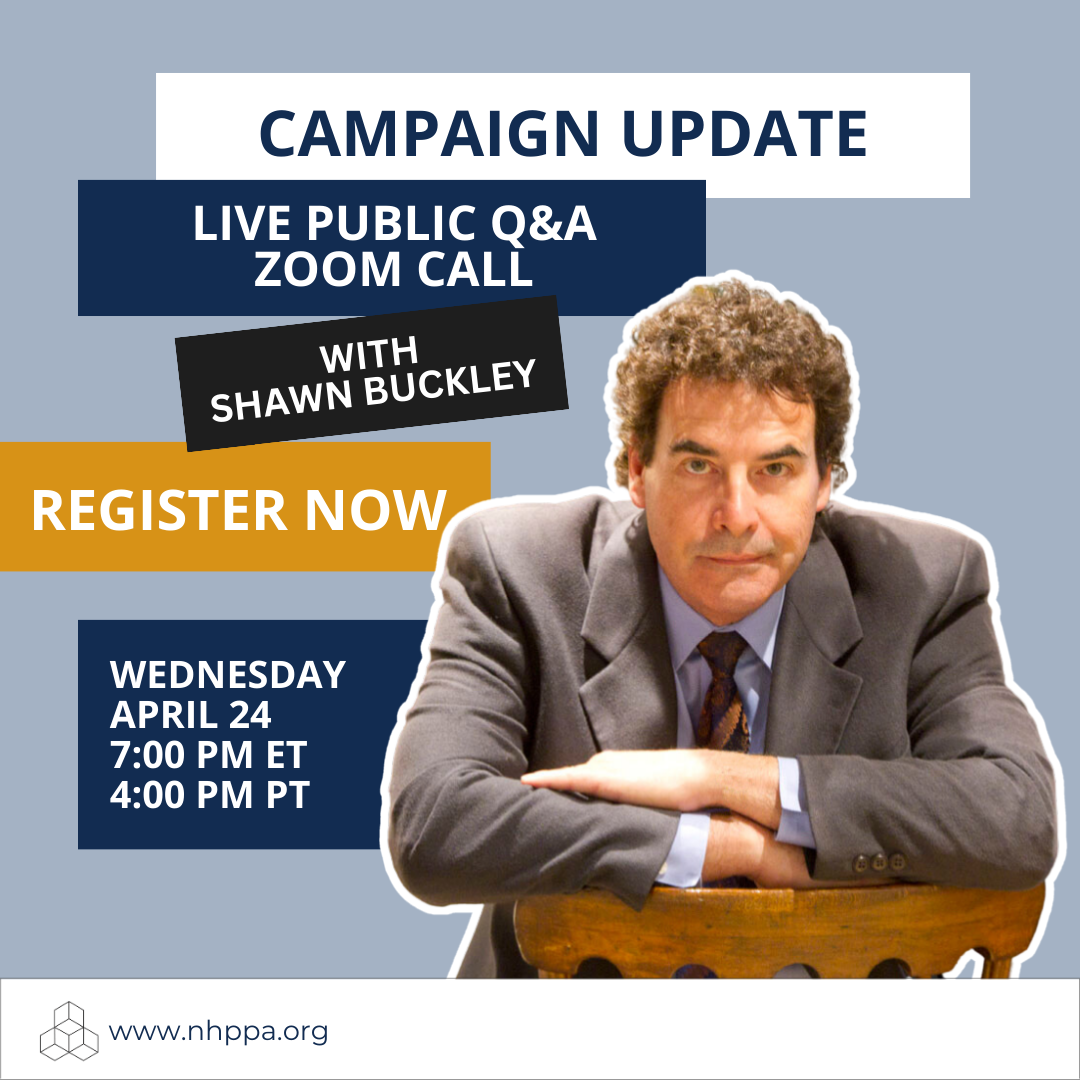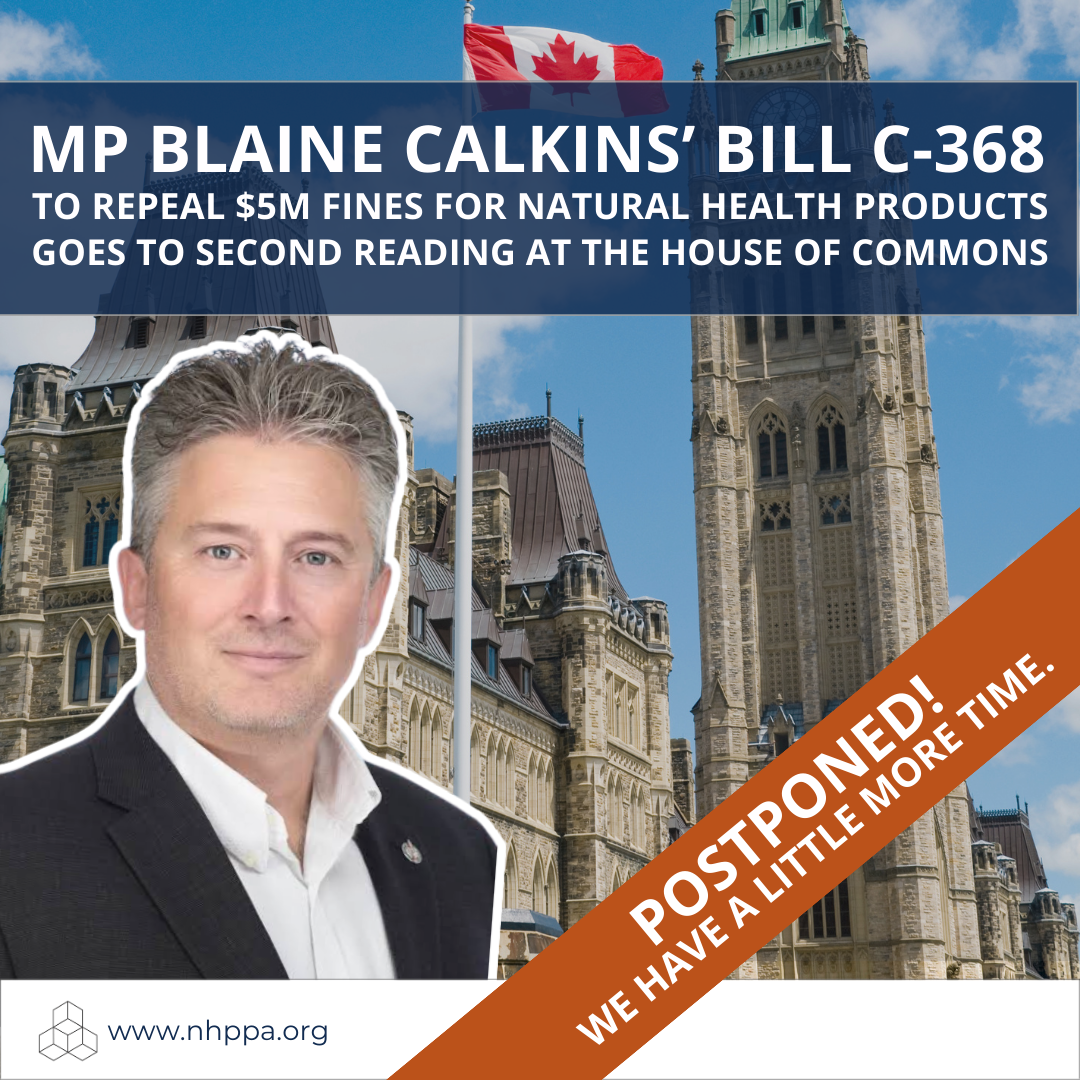Trading the Rule of Law for Safety – a Dangerous Game
By Shawn Buckley
December 2009
The Senate is about to vote on Bill C-6, the Consumer Product Safety Act. As I mentioned in the Senate hearing, Bill C-6 represents Health Canada’s attempt to circumvent the rule of law in the name of safety. The problem is that circumventing the rule of law is never “safe”. Bill C-6 represents a fundamental change in the power dynamic between the citizen and the state that I am concerned about passing onto our children.
Under the rule of law the state cannot take control of persons or property without the supervision of independent courts. Without the rule of law the state can imprison citizens or seize property without court supervision. I do not want our children being subjected to state control of their persons or property without court supervision. I side with political philosophers who warn of the dangers of sacrificing the rule of law.
Some might think it is ironic that we are being asked to sacrifice a fundamental freedom that protects us against the state so that we can be “safe”. I don’t find it ironic at all. Whenever citizens are asked to sacrifice their freedom, it is in the name of safety. One only has to review the laws enacted in the U.S. following 9-11 to see this mechanism in action.
The impetus of trading freedom for safety is difficult to resist. What lawmaker can vote against safety? Citizens demand to be “protected” and governments acquiesce by passing laws that erode our freedoms. I am not against safety. Nor am I against improving our consumer safety legislation. My position is that we can structure consumer protection laws to protect Canadians against unsafe products while at the same time safeguarding our fundamental freedoms. Consumer products are not suddenly so dangerous that we need to sacrifice fundamental protections. Bill C-6 threatens our property rights and our right to private enjoyment of property.
Under Bill C-6, inspectors can seize property connected to the manufacture, distribution and sale of consumer products. This seizure can occur without court supervision. There is no limit to the amount of property that can be seized. There does not have to be a “safety” risk to justify the seizure. There are no defined time limits limiting the length of the seizure. If you are charged with an administrative offence, you cannot have a court hearing. The Minister decides if you are guilty. The same Minister can keep any seized property if he/she determines that you are guilty.
Bill C-6 also abolishes the law of trespass. Inspectors can enter onto any property or into any place except a private home without a warrant. They are exempted from the law of trespass. We do not give the regular police, who investigate much more serious matters, this exemption. Are consumer products suddenly so dangerous that we need to sacrifice the right to enjoy our property without the incursion of state agents?
This generation is responsible for protecting the rights of our children. Do we think our children will be safer in a Canada without the rule of law? Will they be safer in a Canada where the state can take their property without court supervision? Will they be safer in a Canada where they can no longer require state agents to leave their private property? These are fundamental questions that must be answered.
Consumer safety is an emotional issue. We are told we need to protect our children from defective cribs and lead in their toys. I agree. We can, however, protect our children from these dangers with court supervision and the rule of law. We can protect our children from the dangers of consumer products without giving the state free range over our private property. We can protect our children without surrendering freedoms previous generations ensured were passed onto us.
I expect that Bill C-6 will pass through the Senate. I expect that Bill C-6 will later be viewed as a major turning point in favour of state control. I expect that many will eventually regret the fundamental changes that we will bequeath to our children.




